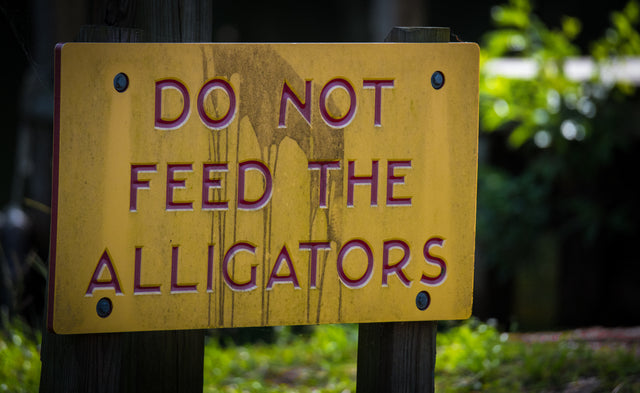The allure of the great outdoors often lies in its diverse and fascinating wildlife. However, as nature enthusiasts, it's crucial to approach wildlife encounters with respect and responsibility. In this article, we'll delve into the importance of wildlife awareness, emphasizing the need to familiarize yourself with local fauna, maintain a safe distance, and refrain from feeding animals. By adopting these practices, you not only ensure your safety but also contribute to the well-being of the wildlife and their natural habitats.
- Get to Know Local Wildlife: Before embarking on your outdoor adventure, take the time to research and familiarize yourself with the local wildlife. Identify common species, understand their habits, and be aware of any potential encounters. This knowledge enhances your overall experience and allows you to appreciate the natural beauty around you.
- Maintain a Safe Distance: Approach wildlife with caution and maintain a safe distance. This not only protects you from potential harm but also prevents unnecessary stress for the animals. Use binoculars or zoom lenses for a closer look, respecting the boundaries that allow wildlife to thrive undisturbed.
- Avoid Feeding Wildlife: While the temptation to share a snack with a curious critter may be strong, resist the urge to feed wildlife. Human food can disrupt their natural diet and behaviour, leading to dependency on handouts. This shift in behaviour not only harms the animals but can also pose risks to humans, as wildlife may become accustomed to seeking food from campers.
- Protecting Young Animals: Be particularly cautious around young wildlife, as their parents may perceive human presence as a threat. Keep a safe distance and avoid approaching nests or dens. Observing from afar ensures the well-being of the young and maintains the natural instincts of their parents.
- Respect Protected Areas: Many areas have designated wildlife sanctuaries or protected zones. Respect these boundaries and adhere to any guidelines or restrictions in place. These protected areas are crucial for the conservation of endangered species and the preservation of biodiversity.
- Educate Fellow Outdoor Enthusiasts: Spread the message of responsible wildlife interaction among fellow outdoor enthusiasts. Share your knowledge about local fauna, the importance of maintaining a safe distance, and the negative impacts of feeding wildlife. By raising awareness, you contribute to a collective effort to protect the natural world.
- Practice Leave No Trace Principles: Incorporate Leave No Trace principles into your outdoor activities. Minimize your impact on the environment, including wildlife habitats, by packing out all waste and avoiding any disruptions to the natural landscape.
Wildlife awareness is not just a responsibility; it's a privilege that enhances our connection with the natural world. By familiarizing yourself with local wildlife, maintaining a safe distance, and refraining from feeding animals, you contribute to the preservation of ecosystems and the well-being of the creatures that call them home. Let's embrace the wonders of the wilderness with respect, ensuring a harmonious coexistence between humans and wildlife. Happy exploring!



.png?v=1670312554632)










